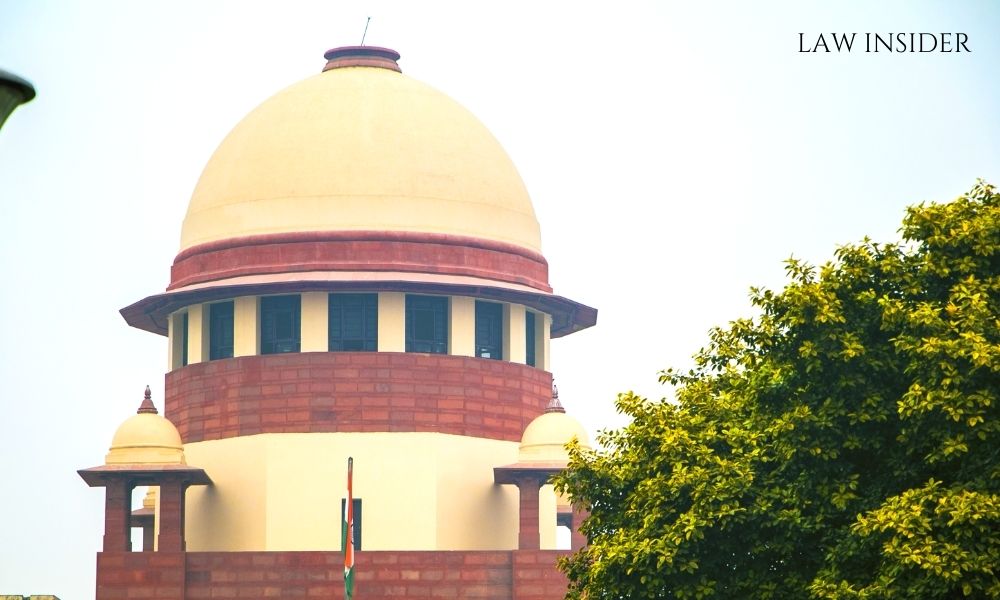LI Network
Published on: 17 September 2023 at 16:30 IST
The Supreme Court has emphasized a crucial requirement in cases of passing off that is to establish the goodwill of a product, the plaintiff must not only provide evidence of the product’s sales figures but also substantiate the expenses incurred in promoting and advertising the product.
The Supreme Court’s ruling came during an appeal against a High Court decision that had stayed the enforcement of a decree issued in favor of the plaintiff in a copyright infringement and passing-off case. This appeal was filed by the defendant in the original case.
The apex court noted that although the plaintiff had presented statements of sales, advertising, and sales promotion expenses certified by a Chartered Accountant during the trial, the Chartered Accountant had not been examined in court to validate these statements. The Court pointed out that while these statements could serve as preliminary evidence, the final hearing of the case required the plaintiff to prove these figures in a legally acceptable manner.
As a result of the plaintiff’s failure to establish its reputation and goodwill in the passing-off action at the Trial Court level, the Supreme Court upheld the High Court’s decision to stay the decree. The Court stressed that merely presenting statements, without confirming their contents in a proper manner, was insufficient to establish goodwill in relation to the relevant products.
The bench of Justices Abhay S. Oka and Rajesh Bindal stated, “At the time of the final hearing of the suit, it was incumbent upon the appellant-plaintiff to actually prove the figures of sales and expenditure incurred on the advertising and promotion of the product.”
Additionally, the Supreme Court addressed the issue of acquiescence in copyright infringement cases, highlighting that a prima facie case of acquiescence by the plaintiff had been established in favor of the defendant. Therefore, the Court upheld the High Court’s interim order until the final resolution of the substantive appeal.
The Supreme Court also expressed concern over the conduct of the plaintiff’s counsel during the trial, noting that persistent objections to questions during cross-examination had led to substantial delays in the proceedings. The Court stressed the importance of cooperation from legal professionals in ensuring efficient court proceedings and reducing the backlog of cases in the state’s Trial Courts.
This case involves Brihan Karan Sugar Syndicate Private Limited, the plaintiff, which sells country liquor under the label “Tango Punch,” holding copyright over it. The plaintiff filed a lawsuit against the defendant, Yashwantrao Mohite Krushna Sahakari Sakhar Karkhana, who sells country liquor under the label “Two Punch Premium,” alleging copyright infringement and passing off.
The Trial Court found that the defendant’s labels on liquor bottles closely resembled those of the plaintiff. It ruled in favor of the plaintiff, granting a permanent injunction on both the counts of copyright infringement and passing off.
However, in the subsequent appeal filed by the defendant before the Bombay High Court, the Single Judge stayed the execution of the decree until the final disposition of the appeal. The plaintiff then appealed to the Supreme Court, which upheld the High Court’s decision, taking into consideration various factors, including the denial of a temporary injunction to the appellant during the pendency of the case.
Case Title: Brihan Karan Sugar Syndicate Private Limited vs Yashwantrao Mohite Krushna Sahakari Sakhar Karkhana

